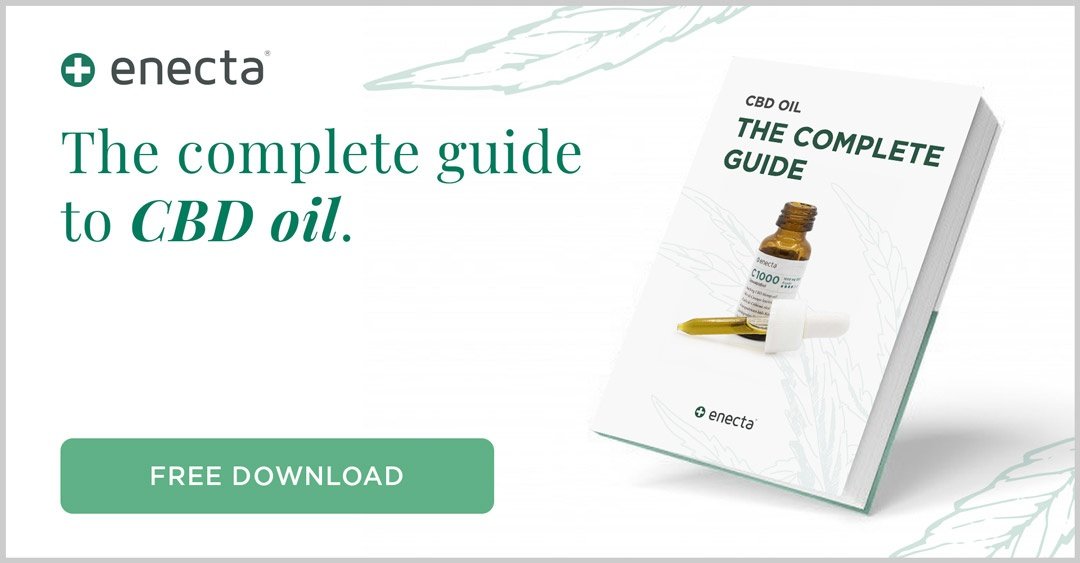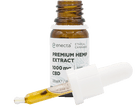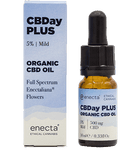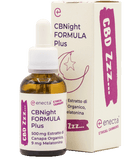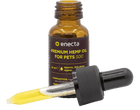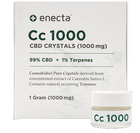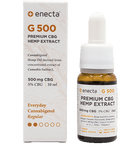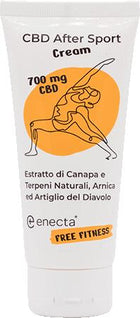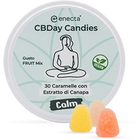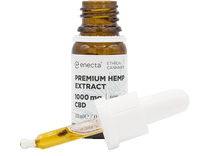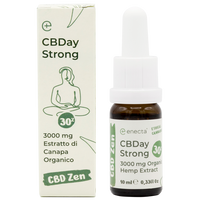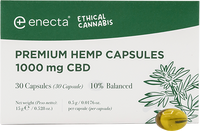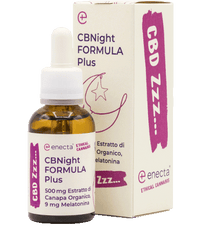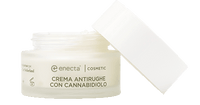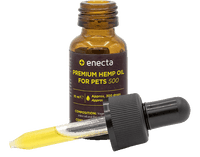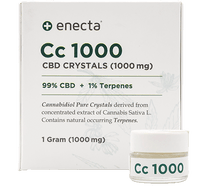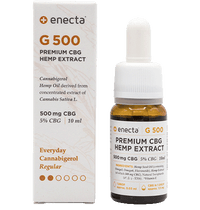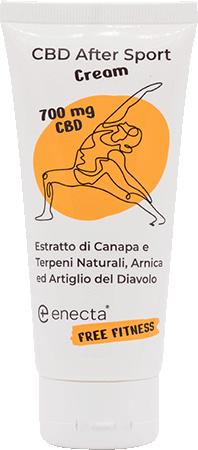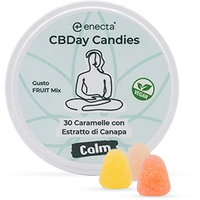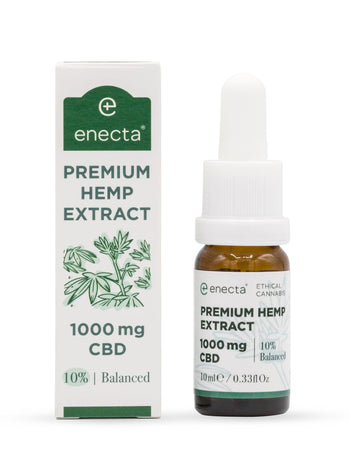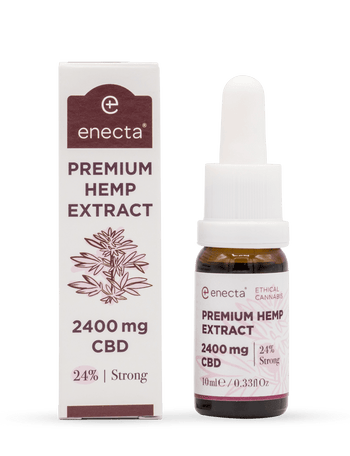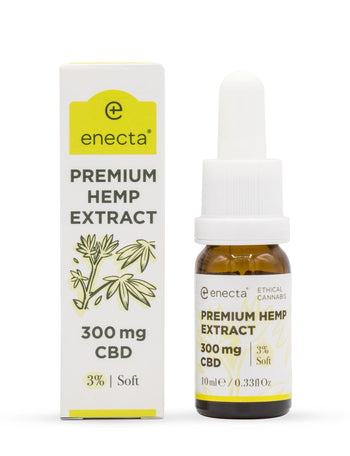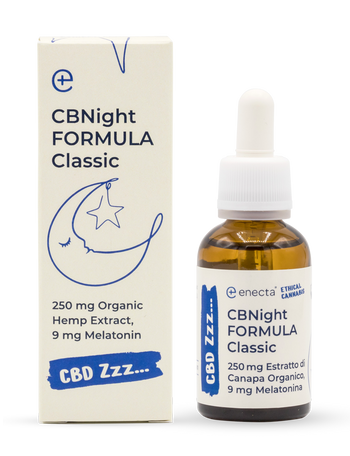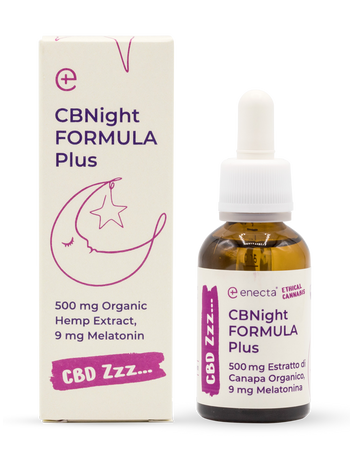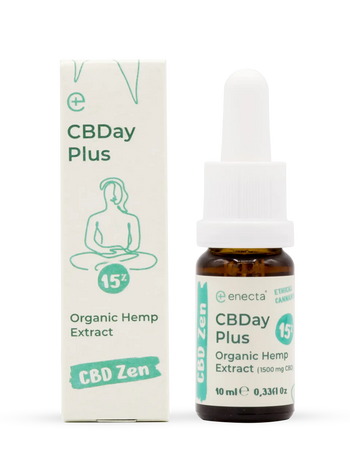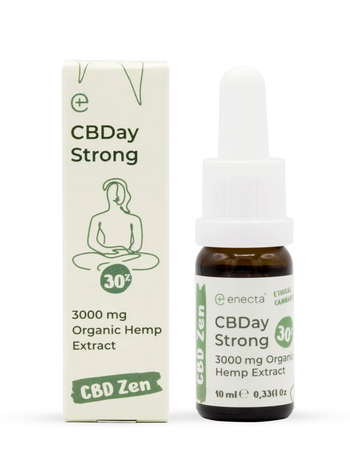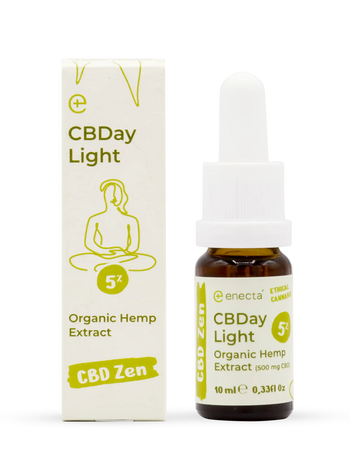Cancer and How CBD Can Help
Welcome to a new perspective on an old challenge. Cancer – this word alone often evokes a sense of fear and uncertainty. But in this first chapter of our guide, we aim to understand what cancer really is and how Cannabidiol (CBD), a natural component of the cannabis plant, may potentially provide support.
What is cancer?
Imagine your body as an immensely complex city, populated by billions of cells, each with specific tasks. Normally, these cells divide in a controlled manner, die off, and are replaced, much like old buildings being demolished and replaced by new ones. Cancer occurs when this process of cell division becomes faulty. Instead of cells dividing and dying in an orderly manner, they begin to multiply uncontrollably and become a problem, a tumor.
There are many types of cancer, and the disease can affect almost any area of the body. Some cells may even detach from their original location and settle in other parts of the body, a process known as metastasis.
CBD: A Natural Support?
CBD is one of many cannabinoids found in the cannabis plant. Unlike THC, the psychoactive cannabinoid responsible for the "high," CBD does not produce intoxicating effects. Instead, it offers potential benefits for those affected, which could be of interest.
How might CBD help with cancer?
- Pain relief: Many affected experience pain, whether from the tumor itself or from treatments like chemotherapy. CBD has anti-inflammatory properties that may help alleviate this pain.
- Reduction of nausea and vomiting: Chemotherapy, a common treatment option for cancer, often leads to nausea and vomiting. Studies have shown that CBD can help reduce these symptoms.
- Appetite stimulation: Cancer and its treatments can lead to loss of appetite and weight loss. CBD may help boost appetite, thus helping patients maintain their strength.
- Emotional support: CBD is known to have a calming effect on the nervous system. It may reduce anxiety and depression, which are common in cancer patients.
Scientific standpoint
It is important to emphasize that CBD should not be seen as a cure for cancer. Research into CBD and cancer is ongoing, and although some results are promising, CBD is primarily seen as an adjunct treatment aimed at improving the quality of life for people and alleviating symptoms.
Understanding CBD – How Does It Work?
Cannabidiol, or CBD, is one of over a hundred cannabinoids found in the Cannabis sativa plant. It is especially known for not having the psychoactive effects that THC (Tetrahydrocannabinol), another cannabinoid from the cannabis plant, brings. This means that CBD does not produce intoxicating effects and is therefore an attractive option for patients who want to utilize the therapeutic benefits of cannabis without the associated side effects.
How does CBD interact with the body?
CBD works through the endocannabinoid system (ECS), which is present in our bodies. This system plays a key role in regulating a variety of physiological processes, including pain sensation, mood, appetite, and immune function. The ECS consists of cannabinoid receptors (mainly CB1 and CB2), endogenous cannabinoids, and the enzymes that control their production and degradation.
CBD does not bind directly to these receptors like THC, but it influences the ECS indirectly. It can modulate the activity of the cannabinoid receptors while also increasing the concentration of the body's own cannabinoids. This interaction contributes to CBD's potential therapeutic effects without causing psychoactive effects.
CBD in practical use
The use of CBD can be done in various ways, including:
- Oils and tinctures: These are usually dropped under the tongue and offer one of the fastest ways to feel an effect.
- Capsules and pills: This form offers a dosed and discreet way to consume CBD, although the effect may take longer to kick in as they are processed in the digestive system.
- Topical applications: Creams and ointments can be applied directly to the skin, which can be particularly helpful for local pain and inflammation.
CBD in Practice – Interesting Case Studies
After exploring the basics of cancer and CBD as well as the mechanisms through which CBD works, let's now turn our attention to specific case studies and scientific investigations. These help us understand how CBD is used in the real world and what impact it can have on symptom relief and quality of life for those affected.
Case Study 1: Pain Management in Advanced Cancer
A common issue that many patients face is ongoing pain, either caused by the tumor itself or by surgical procedures. A 2019 study examined the effect of CBD oil on patients with advanced cancer who did not respond adequately to traditional painkillers. The participants were given CBD oil daily in addition to their standard pain therapy. The results of the study indicated that a significant portion of the patients experienced a noticeable reduction in pain intensity. These findings suggest that CBD could be a valuable addition to conventional pain therapy.
Case Study 2: Reduction of Nausea and Vomiting During Chemotherapy
Chemotherapy is a common but often side-effect-laden treatment method for cancer. Nausea and vomiting are particularly distressing. A review of several studies showed that CBD can help control these side effects. The patients who received CBD reported a reduced frequency and severity of nausea and vomiting compared to those who did not use cannabinoids. These positive outcomes make CBD a potential option for supportive therapy in chemotherapy patients.
Case Study 3: Promotion of Appetite and Improvement of Overall Well-being
Another serious issue for many affected is the loss of appetite, leading to weight loss and a general deterioration of health status. Studies have shown that CBD has the potential to stimulate appetite, thus helping patients maintain their weight and improve their nutrient intake. Furthermore, patients reported an improved mood and generally increased well-being, which can be attributed to the anxiety-reducing and antidepressant effects of CBD.
Scientific Consensus and Ongoing Research
It is important to emphasize that research on CBD and cancer is still in its infancy, and many of the current studies are small and often not randomized. This means that while the results are promising, further, more comprehensive and controlled studies are necessary to fully understand and validate the effects of CBD.
Legal Aspects of CBD
While the medical benefits of CBD appear promising, it is equally important to understand the legal and safety aspects associated with the use of CBD products. This chapter provides a comprehensive look at the legal frameworks so that you as a cancer patient or caregiver do not run into difficulties.
Legal Frameworks of CBD
The legal situation around cannabis and CBD is complex and varies greatly from country to country and even within individual countries. In most regions, the legality of CBD depends on whether it is derived from hemp or marijuana, with hemp generally being less strictly regulated as it contains only small amounts of THC.
- USA: In the United States, CBD derived from hemp and containing less than 0.3% THC is legal at the federal level, but laws can vary at the state level.
- Europe: In the European Union, CBD is legal as long as it is derived from hemp. The products must contain less than 0.2% THC. However, some countries have additional restrictions.
- Other Countries: In many other countries, the legal situation is less clear, and CBD products may be subject to stricter cannabis laws.
It is essential to inform yourself about the specific laws in your area to ensure that you are using CBD legally and safely.
Safety and Quality of CBD
As the popularity of CBD increases, so too does the number of products available on the market. Unfortunately, this also means that not all products are equal in terms of quality and safety.
Quality Control
The quality of CBD products can vary depending on the source of the plants, the extraction methods, and the purity of the final product. To ensure that you receive a safe and effective product, you should consider the following:
- Lab Tests: Look for products that have been tested by third-party laboratories. These tests should provide information about cannabinoid profiles and the presence of contaminants such as heavy metals, pesticides, and solvents.
- Transparency: Trustworthy manufacturers will provide detailed information about their extraction methods, their ingredients, and their lab results.
- Reputation: Check reviews and feedback from other users and professionals.
Safety Considerations
Although CBD is generally considered safe, there are potential side effects that you should be aware of:
- Fatigue
- Changes in appetite
- Diarrhea
- Possible interactions with other medications
It is important to discuss starting a CBD treatment with your doctor, especially if you are already taking other medications.
Selection and Use of CBD Products
In the final chapter of our guide, we want to provide you with practical recommendations on how to select and use CBD products to enhance your quality of life during cancer therapy. This chapter is intended to guide you in making the best decisions regarding CBD products.
Selection of CBD Products
Choosing the right CBD product can be overwhelming given the variety on the market. Here are some guidelines that can help you make an informed choice:
Full Spectrum vs. Broad Spectrum vs. Isolate:
Full-spectrum CBD contains all cannabinoids and terpenes of the cannabis plant, including THC (within legal limits). These products may promote the "entourage effect," where it is believed that the various components work synergistically to enhance effectiveness.
Broad-spectrum CBD contains a broad range of cannabinoids and terpenes but no THC. This is a good option for those who want to utilize the entourage effect without consuming THC.
CBD isolate is the purest form of CBD, free from other cannabinoids and terpenes. It is ideal for individuals who want to know exactly what they are taking or who are sensitive to other cannabis compounds.
Certification and Lab Reports:
Check whether the product has been tested by independent labs. Lab reports should be easily accessible and confirm information about cannabinoid levels and the absence of impurities.
Manufacturer Reputation:
Choose products from manufacturers known for their transparency and quality. Read reviews and testimonials, and check whether the company is willing to answer questions about their products and manufacturing processes.
Use of CBD Products
The way you use CBD can greatly affect its effectiveness. Here are some tips for use:
Dosage:
Start with a low dosage and adjust it gradually based on your response and the recommendations of your healthcare provider.
The dosage may vary depending on the product form, so it is important to follow the instructions on the packaging precisely.
Methods of Intake:
Sublingual: CBD oils and tinctures are dropped under the tongue and held there for a few seconds before swallowing. This method allows for quick absorption.
Oral: Capsules and edible products offer a convenient and dosed option, but they have a slower and less predictable absorption.
Topical: CBD creams and ointments can be applied directly to the skin, which can be particularly helpful for local pain.
Consultation with a Physician:
Discuss the use of CBD with your doctor, especially if you are taking other medications. This helps avoid potential interactions.
